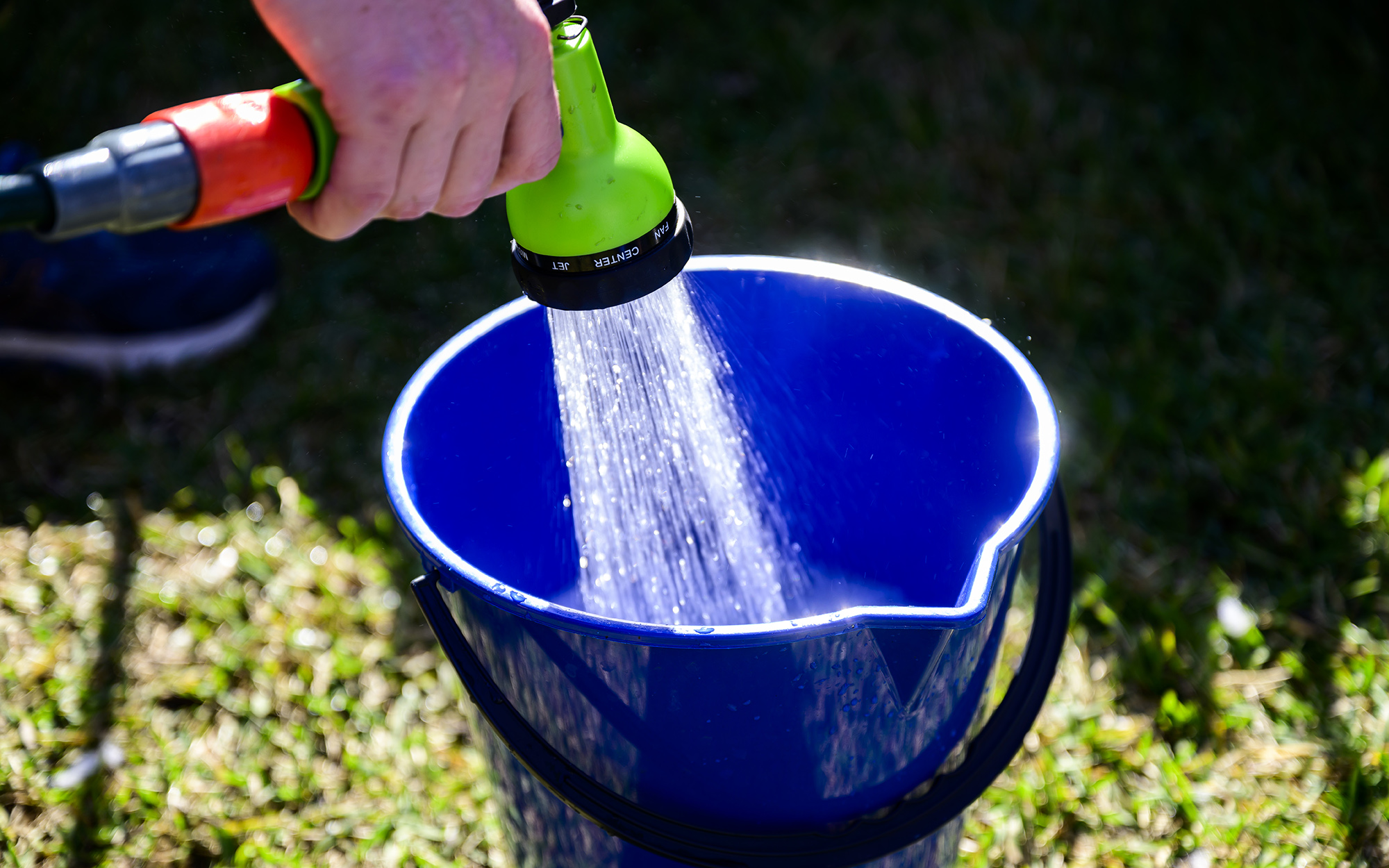
Indoor Water Conservation Tips for Tech Enthusiasts
Share
In the digital age, where innovation and technology dominate our lives, the significance of conserving water indoors cannot be overstated. Indoor water conservation tips are essential not only for reducing utility bills but also for preserving our precious natural resources. As tech professionals and enthusiasts, you might wonder how your expertise can align with sustainable practices. This article will delve into various strategies to help you make efficient use of water indoors, ensuring that your tech-savvy lifestyle contributes positively to the environment.
Water conservation is a critical aspect of environmental sustainability, and understanding how to implement it in our daily lives can lead to significant benefits. According to the EPA, efficient water use can lead to reduced energy consumption, lower greenhouse gas emissions, and conservation of aquatic ecosystems. Let's explore some indoor water conservation tips that align with modern living and technology.

Smart Home Solutions for Water Conservation
Embracing smart home technology can be a game-changer in your quest for water conservation. Devices such as smart water meters, leak detectors, and automated irrigation systems can provide real-time data and control over water usage. These gadgets not only enhance convenience but also ensure that water is used judiciously.
For instance, integrating a smart water meter can help you monitor your household's water consumption patterns, allowing you to identify potential areas for improvement. Similarly, smart leak detectors can alert you about leaks that might otherwise go unnoticed, preventing water wastage and potential damage to your property.
Efficient Water Fixtures and Appliances
Replacing traditional water fixtures with high-efficiency models is another effective strategy for conserving water indoors. Consider installing low-flow faucets, showerheads, and toilets that use significantly less water without compromising performance. The benefits of water conservation extend beyond just saving water; they also reduce energy consumption and lower utility bills.
Additionally, investing in water-efficient appliances such as dishwashers and washing machines can contribute to substantial water savings. Modern appliances are designed to use water more efficiently while maintaining optimal performance, making them a smart choice for tech-savvy individuals.
Behavioral Changes and Water-Saving Habits
While technology plays a crucial role in water conservation, adopting mindful habits is equally important. Simple behavioral changes, such as turning off the tap while brushing your teeth or taking shorter showers, can collectively lead to significant water savings. Encouraging family members and colleagues to adopt these practices can further amplify the impact.
Moreover, consider implementing a greywater recycling system to reuse water from sinks, showers, and laundry for non-potable purposes such as irrigation. This sustainable practice not only conserves water but also reduces the burden on sewage systems.
Innovative Conservation Technologies
As technology continues to evolve, innovative solutions for water conservation emerge. One such technology is rainwater harvesting, which involves collecting and storing rainwater for later use. This method can be integrated into your smart home system, allowing you to utilize harvested rainwater for activities like gardening and cleaning.
Furthermore, advancements in water filtration and purification technologies have made it possible to recycle and reuse water safely. Implementing these systems in your home can significantly reduce your reliance on municipal water supplies, making your household more resilient and environmentally friendly.
Why Tech Professionals Should Care About Water Conservation
As tech professionals, you understand the power of innovation and its potential to drive positive change. By incorporating water conservation practices into your lifestyle, you contribute to a sustainable future and set an example for others in the tech community. Moreover, adopting these practices can enhance your understanding of resource management and environmental stewardship.
Additionally, the synergy between technology and sustainability can lead to exciting opportunities for innovation and entrepreneurship. By developing new solutions and products that promote water conservation, you can drive progress in this crucial area and make a tangible impact on the world.
Conclusion: Embrace Water Conservation for a Sustainable Future
In conclusion, indoor water conservation tips offer a pathway to a more sustainable and responsible lifestyle. As tech enthusiasts, you have the unique ability to leverage technology to achieve efficient water use. By adopting smart home solutions, efficient fixtures, mindful habits, and innovative technologies, you can contribute to a greener and more sustainable future.
For further insights on eco-friendly practices, consider exploring eco-friendly water solutions and water-efficient bathroom remodel ideas. These resources provide valuable information on integrating conservation practices into your daily routine.

FAQs
1. What are some simple ways to conserve water indoors?
Simple ways to conserve water indoors include installing low-flow fixtures, fixing leaks promptly, using water-efficient appliances, and adopting mindful habits such as turning off the tap while brushing teeth.
2. How can technology help in water conservation?
Technology can help in water conservation through smart devices like water meters, leak detectors, and automated irrigation systems. These devices provide data and control over water usage, ensuring efficient and judicious use of water.
3. Why is water conservation important for tech professionals?
Water conservation is important for tech professionals because it aligns with sustainable practices, reduces utility bills, and enhances understanding of resource management. It also offers opportunities for innovation and entrepreneurship in developing new solutions for conservation.
